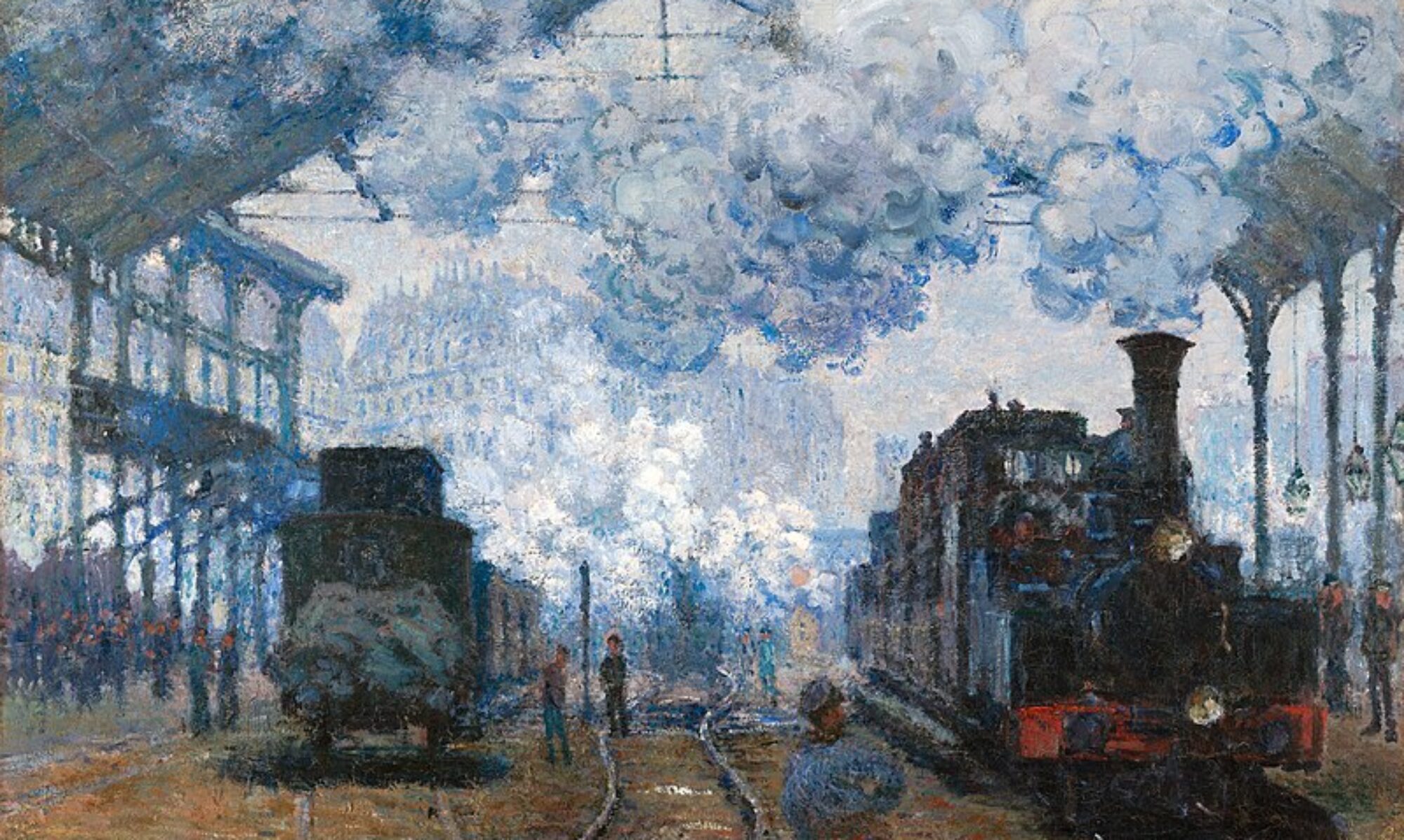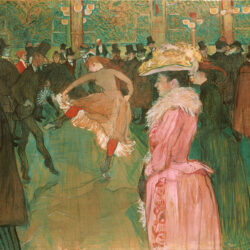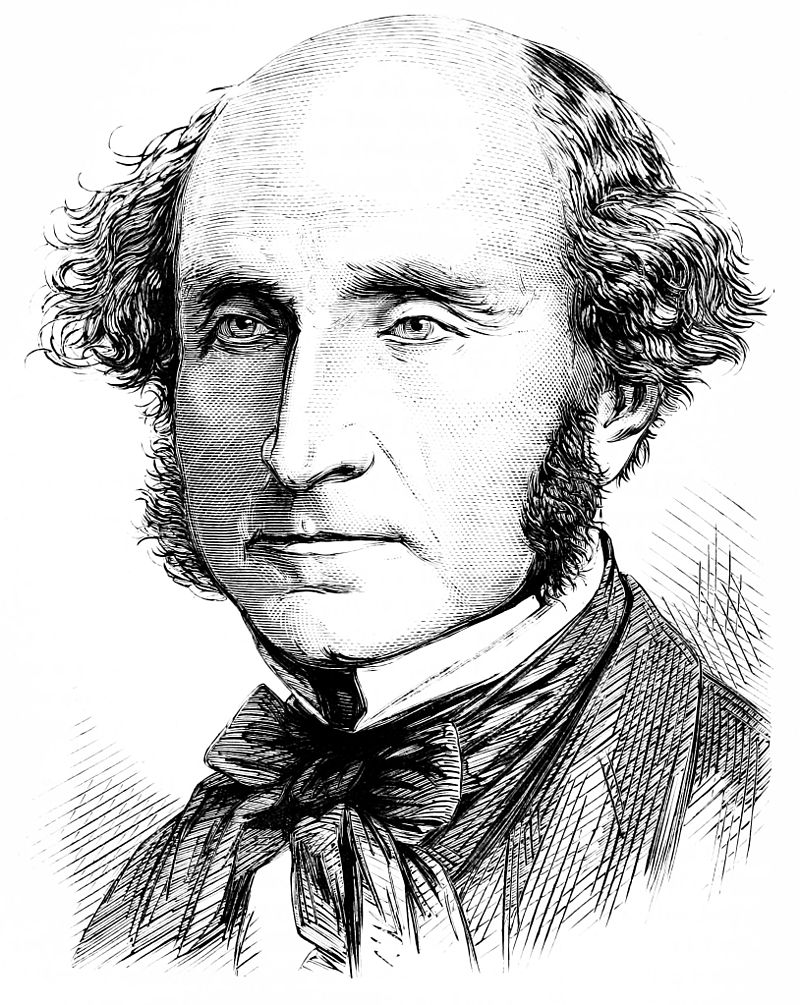In chapter 2 of Mill’s work, he emphasizes the importance of having a difference of opinion within society (particularly government, media, and other forums) so as to provide a diverse pool of ideas, solutions, and thoughts for the advancement of mankind, making the case for healthy discussion. Specifically, he states,
“…it is owing to a quality of the human mind, the source of everything respectable in man either as an intellectual or as a moral being, namely, that his (man’s) errors are corrigible. He is capable of rectifying his mistakes by discussion and experience. Not by experience alone. There must be discussion to show how experience is to be interpreted.” (pages 26-27)
Please answer or ponder the following questions for class discussion on Thursday, Sept. 24th.
1 ) Mill is very cautious of his words. Towards the beginning of this chapter he states that it is not just if all mankind silenced a single person with a contradictory view, however, he also states on page 25 that “An objection which applies to all conduct, can be no valid objection to any conduct in particular.” What is the importance of this distinction? Would he hold the view that silencing those with different opinions is different than ignoring or disregarding a person who disagrees with the concept of constructive discussion? What are some issues with the practicality of his opinions/ideas?
2 ) On page 29, Mill states,
“It is also often argued, and still oftener thought, that none but bad men would desire to weaken these salutary beliefs; and there can be nothing wrong, it is thought, in restraining bad men, and prohibiting what only such men would wish to practise. This mode of thinking makes the justification of restraints on discussion not a question of the truth of doctrines, but of their usefulness; and flatters itself by that means to escape the responsibility of claiming to be an infallible judge of opinions. But those who thus satisfy themselves, do not perceive that the assumption of infallibility is merely shifted from one point to another. The usefulness of an opinion is itself matter of opinion: as disputable, as open to discussion, and requiring discussion as much, as the opinion itself. There is the same need of an infallible judge of opinions to decide an opinion to be noxious, as to decide it to be false, unless the opinion condemned has full opportunity of defending itself.”
Given this statement, where do you think Mill would have stood on free speech with regard to hate speech and symbolism? Where would it fall under his view of speech? Should such symbols and ideals be protected as a right, or deserving of being cast aside as unworthy of consideration for progress? Focus on Mill’s own opinion as you answer.
3 ) On page 61 Mill states,
“But the principal offences of the kind are such as it is mostly impossible, unless by accidental self-betrayal, to bring home to conviction. The gravest of them is, to argue sophistically, to suppress facts or arguments, to misstate the elements of the case, or misrepresent the opposite opinion. But all this, even to the most aggravated degree, is so continually done in perfect good faith, by persons who are not considered, and in many other respects may not deserve to be considered, ignorant or incompetent, that it is rarely possible on adequate grounds conscientiously to stamp the misrepresentation as morally culpable…”
However, he consistently makes the case that it is wrong to condemn those of a different opinion as immoral. Where does this leave those who intentionally mislead others by misrepresenting facts in an argument? Is it wrong to condemn such actions as immoral? How can meaningful discourse about changing society for the better occur if there is a basic disagreement on how such discussions should be had, or even who should be allowed to partake in such debate?
4 ) How did you interpret this piece? Is Mill right or not? What are some issues with his ideas on discourse (do you think there are any)?



